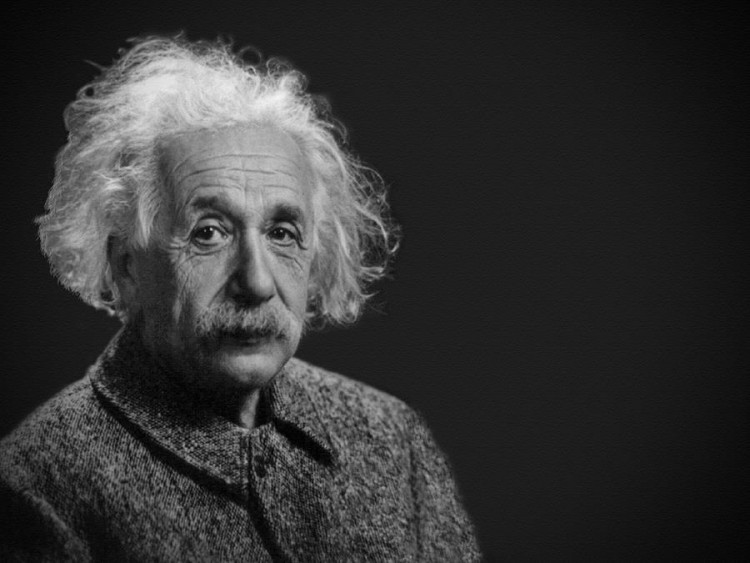Albert Einstein's theory of relativity manuscript earned a record 11.6 million euros ($13 million) at a Paris auction on Tuesday.
The handwritten notes were estimated to be worth almost 25% of the final price, which is by far the largest amount ever paid for anything written by the renowned scientist.
The 54-page document was estimated to fetch up to $3.5 million but sold for over quadruple that amount. Christie's, the British auction house, told NBC News that they will not reveal who won the final bid.
Without the intervention of one of the physicist's friends and colleagues, the text might have been lost to history.
"That is also why it is so significant, as working materials by Einstein before to 1919 are incredibly rare," said Vincent Belloy, an expert at Christie's who organized the Paris sale.
"Because Einstein took so few notes, the simple fact that the book survived and made its way to us is astonishing," he explained.
The previous high for Einstein's works was $2.8 million in 2018 for the infamous "God letter," and $1.56 million in 2017 for a letter about the secret to happiness.
Tuesday's bidding began at around 1.5 million euros and soon exceeded the auctioneers' initial estimate. After a few minutes, just two bidders remained, bidding in increments of 200,000 euros over the telephone.
Einstein's intellect, Christie's noted on its website, did not extend to saving early drafts of his work, making the paper all the more unique and possibly priceless.
It contains preparatory work that contributed to the discovery of Einstein's renowned theory, which has shaped our vision of the cosmos ever since it was initially proposed on Nov. 25, 1915, forever altering our concept of gravity.
In May, a handwritten letter in which Einstein discussed his famous E=mc2 equation, which was a component of his earlier theory of special relativity, was sold in the United States for almost 1 million euros, more than three times its anticipated worth.
Einstein revolutionized modern physics with the publication of his general theory of relativity in 1915, when he first defined gravitation as a geometric warping of space and time, a result that has remained valid.
Einstein died in 1955 at the age of 76, having been hailed as one of the world's greatest theoretical physicists. His theories of relativity transformed his discipline by giving fresh perspectives on how objects move through space and time.






